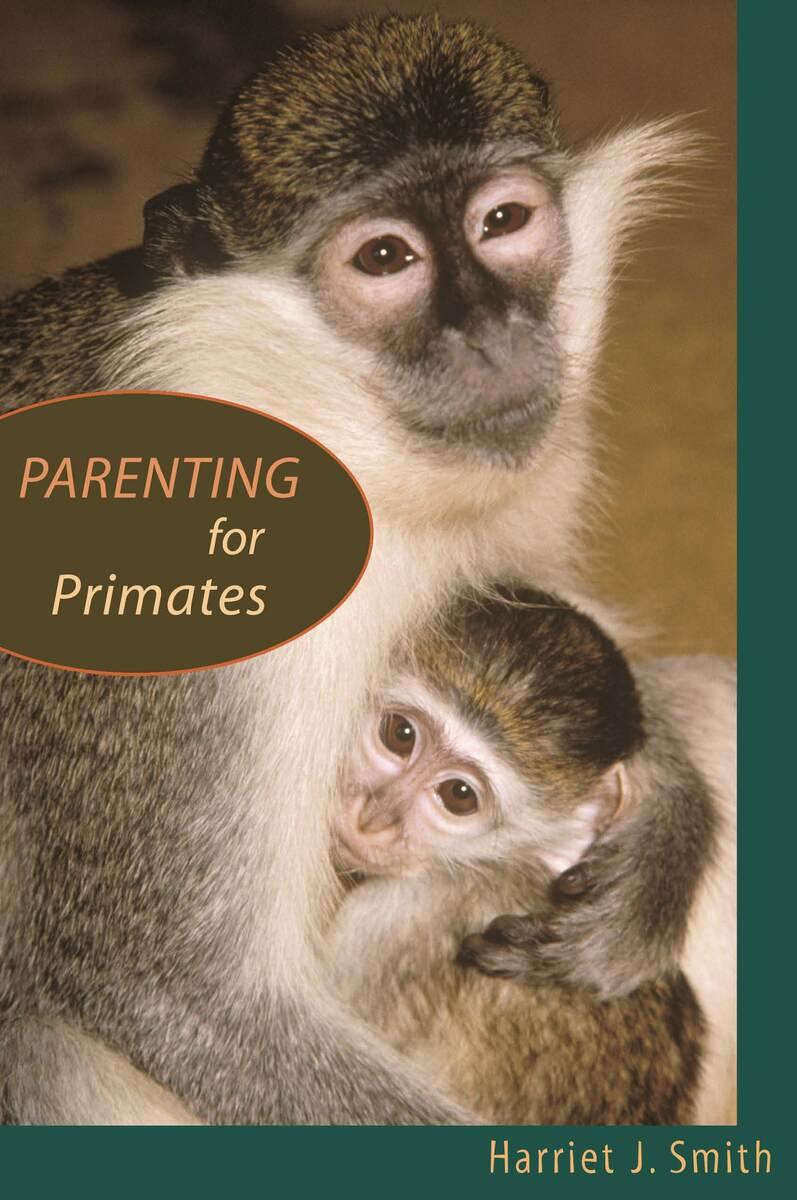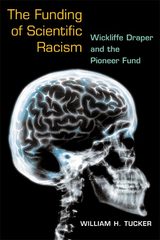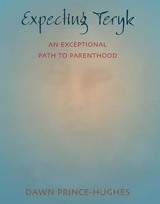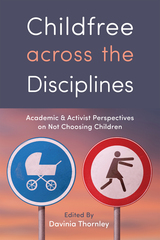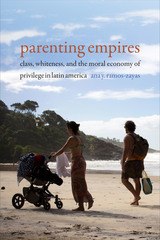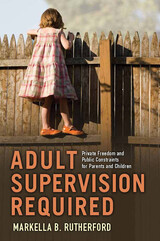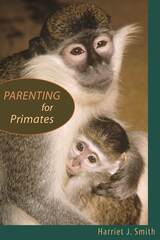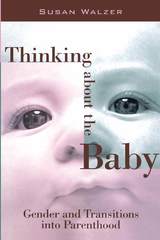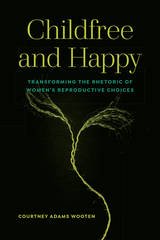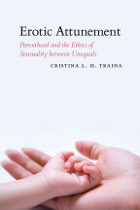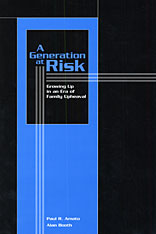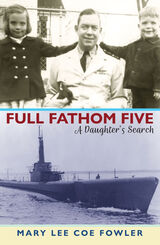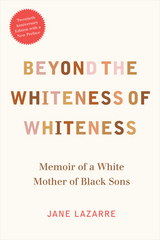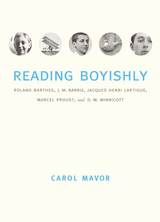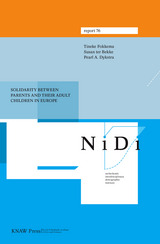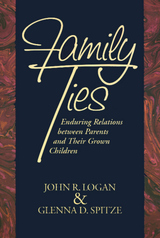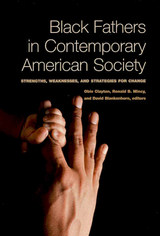Harriet Smith is both an expert in primate social development and an experienced clinical psychologist working with family problems. The science of primate development is excellent and lucidly presented, as might be expected given her background, and she has covered almost every topic… All these topics are handled with skill and knowledge, well supported with references to the recent major primate literature… Smith makes an interesting and useful case for using primate parenting to understand some of what goes wrong in families, and she is generally cautious in her interpretations. But the value of the book is less in its primatology, excellent as that is, and more in getting humans, including other clinicians, to appreciate the varied array of parenting styles available to primates as a group.
-- Phyllis C. Lee Primate Eye
This fascinating book provides a new evolutionary perspective on the multi-female and multi-male society (multi-male group) as a social community for parenting…this book is helpful to anyone preparing for parenting. The book shows how parenting requires certain key experiences and a proper living environment… The vivid descriptions of primate parenting also suggest the evolutionary backgrounds to these phenomena. Thus this book is also useful to students and researchers in primatology.
-- Ichirou Tanaka Primates
Emerging from a fusion of Smith’s training and education in primatology and clinical psychology, this look at parental behavior in primates examines both the nonhuman and the human members of the group. In a highly descriptive and nontechnical writing style, Smith compares and contrasts the natural history of parenting in species ranging from the tiny cotton-top tamarin to chimpanzees, bonobos, and humans. Opening with a chapter describing how she taught inexperienced parents in her cotton-top tamarin colony to care for their offspring, the author then looks at various phases of parenting in separate chapters. As mothers provide the majority of parental care in most species, she examines primate mothers first. Fathers play varying roles in different species, and in different human cultures, and these myriad functions fill the next chapter. Babysitters, weaning, the lives of juveniles, and how parents empty the nest not only view the changing duties of parenthood, but also continue the author’s compare-and-contrast approach. A final chapter answers the question of how much parents matter. This engrossing book will interest all human primate parents.
-- Nancy Bent Booklist
Parents looking for something new and useful among the plethora of books on child-rearing could do a lot worse than this fascinating look at the close link between human and ape families by Smith, a primatologist and clinical psychologist. In a rigorously scientific yet highly readable style, Smith describes normal and abnormal parenting behaviors in human and nonhuman primates… After all the evidence is in, Smith argues for a sensible view of human parenting that could let many parents breathe easier.
-- Publishers Weekly
Parenting for Primates is a delightful combination of hard facts and good stories about us and our close relatives. Harriet Smith shows us superdads, devoted and abusive parents, and blended families among nonhuman and human primates too. An important and timely book.
-- Marc Bekoff, author of Minding Animals
It is one thing to be a student of primate behavior, another to be a clinical psychologist working with people; put the two together, though, and the engaging result is Harriet Smith’s masterful Parenting for Primates. It has much to offer to those who raise children as well as to those who study child development and the family.
-- Jay Belsky, Director of the Institute for the Study of Children, Families, and Social Issues, University of London
In this unique book, a primatologist-turned-psychologist offers an evolutionary biological perspective on parenting. Her descriptions of nonhuman primate parenting, from baboons to chimpanzees to cottontop tamarins, benefit from her personal experience as a primate observer, her command of the scientific literature, and her gifts as an engaging writer. This book clearly illustrates how watching nonhuman primate parents can teach us something about how we human primates parent.
-- Lynn Fairbanks, Director of the Center for Primate Neuroethology, University of California, Los Angeles
Harriet Smith’s startling collection of enlightening research and provocative anecdotes shows us the many ways our furry cousins form their families and raise their young. Her revelations are an indispensable guide for anyone attempting to parent young primates—human or otherwise.
-- Frank S. Pittman III, M.D., author of Man Enough: Fathers, Sons and the Search for Masculinity
Harriet Smith combines her expertise in primatology with her experience as a clinical psychologist to create a vivid portrait of how primate parenting can help us human primates be better parents. She shows that for all primates, successful parenting is hard work, and far from ‘natural.’ It requires learning, experience, and help. Infants need continuous attention, and that means that mothers need practically continuous help. This is a fascinating book, for anyone who cares about quality child rearing.
-- Charles T. Snowdon, Hilldale Professor of Psychology, University of Wisconsin–Madison
